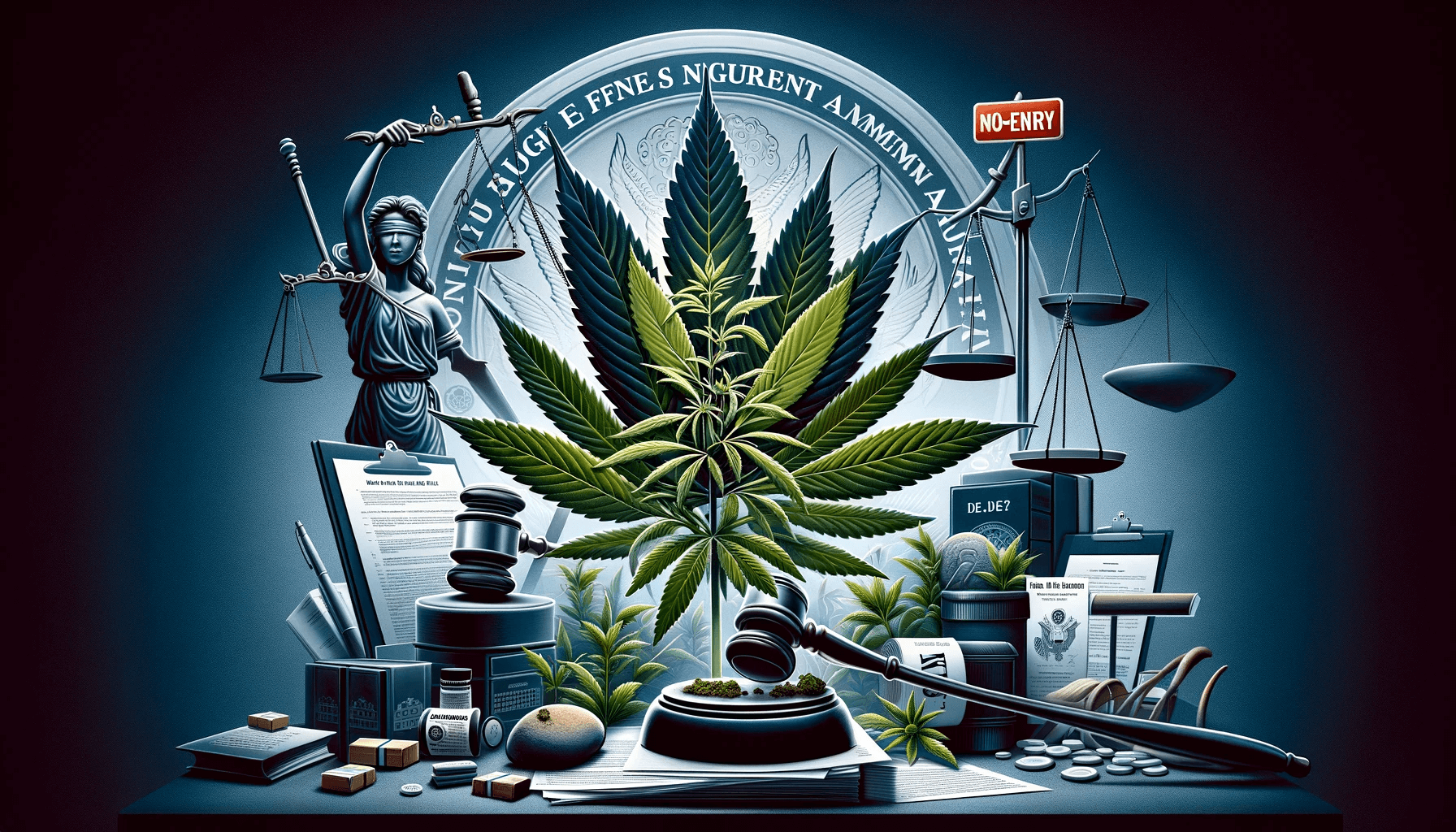Hey there! John M. Kaman from Kaman Law Firm here. Today, let’s dive into a question that I often come across: “Is khat illegal in the US?” Khat, a plant native to East Africa and the Arabian Peninsula, has been a topic of legal debate due to its psychoactive properties. Let’s break down what you need to know about the legality of khat in the United States.
Understanding Khat and Its Components
Khat, scientifically known as Catha edulis, is a leafy plant known for its stimulant effects. It contains two main active compounds: cathinone and cathine. These compounds are structurally similar to amphetamines and can induce effects like euphoria, increased alertness, and energy.
Key Points About Khat:
- Usage: Traditionally chewed for social and cultural reasons in many East African and Middle Eastern societies.
- Effects: Provides a mild stimulant effect, similar to a strong cup of coffee.
The Legal Status of Khat in the United States
In the US, the legality of khat is clear-cut: it is illegal. This is primarily due to the presence of cathinone, classified as a Schedule I controlled substance by the Drug Enforcement Administration (DEA).
Legal Classification:
- Cathinone: Listed as a Schedule I substance, making it illegal in all forms.
- Cathine: Classified as a Schedule IV substance, considered less dangerous but still controlled.
Reasons Behind the Ban
The ban on khat in the US is based on several concerns:
- Potential for Abuse: Cathinone, being similar to amphetamines, poses a risk of abuse and addiction.
- Health Risks: Prolonged use of khat can lead to health issues like gastrointestinal problems, heart complications, and mental health disorders.
- Legal Consistency: The US drug policy aims to maintain consistency in controlling substances that have potential abuse and health risks.
Enforcement and Penalties
The enforcement of khat-related laws can result in significant penalties.
- Trafficking and Possession: Individuals caught trafficking or in possession of khat face serious legal consequences, including imprisonment and fines.
- Federal and State Laws: Khat-related offenses are subject to both federal and state drug laws.
Cultural and Social Implications
The ban on khat has cultural and social implications, especially for communities where khat use is a part of traditional practices.
- Cultural Impact: For East African and Middle Eastern communities, the ban affects cultural practices.
- Social Issues: The illegal status of khat can lead to social and legal challenges for immigrants and communities accustomed to its use.
Legal Alternatives and Public Health Approach
For those seeking legal alternatives or support:
- Counseling and Treatment: Individuals struggling with khat use can seek counseling and treatment programs.
- Legal Stimulants: There are legal stimulants available that can be used as alternatives to khat, under medical guidance.
Conclusion: Navigating the Legal Landscape
In summary, khat is illegal in the US, primarily due to its psychoactive compounds. While this aligns with broader drug control policies, it also raises cultural and social considerations. At Kaman Law Firm, we understand the complexities surrounding such legal issues and are here to offer guidance and support.
If you have questions about the legality of khat or need legal assistance, feel free to reach out to us. Let’s navigate this and other legal landscapes together, with clarity and understanding.









Leave a Reply